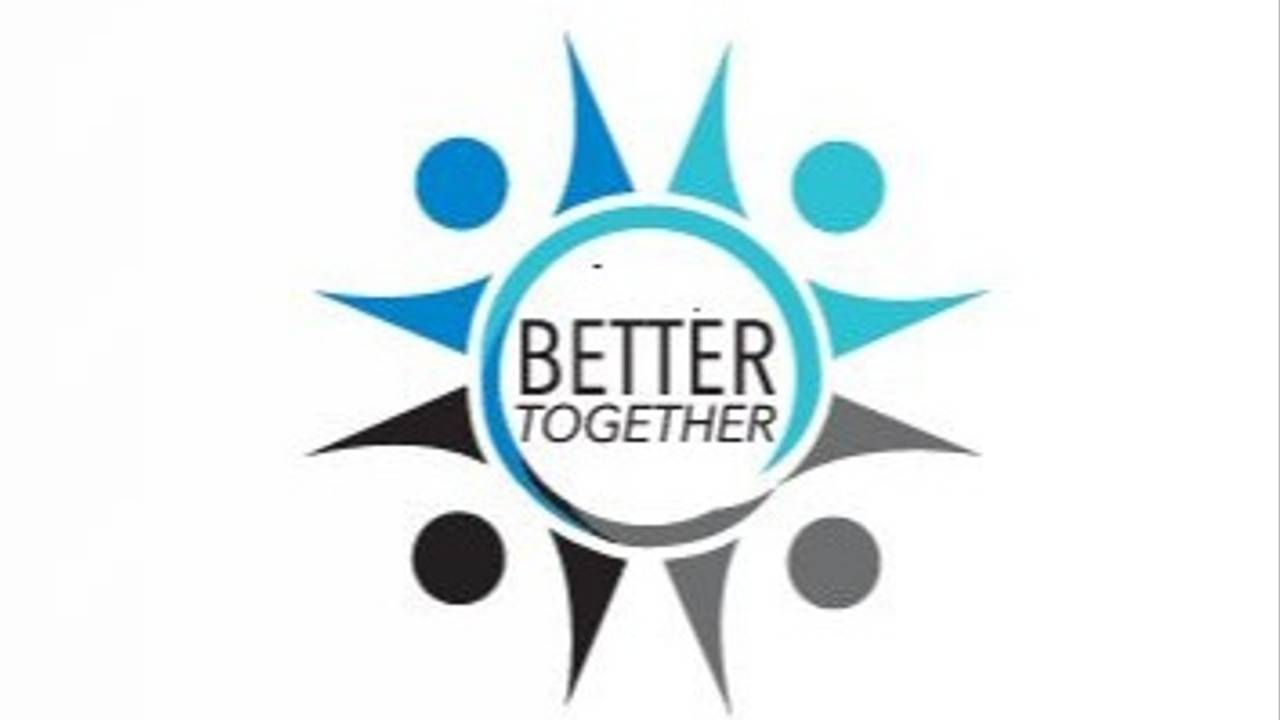How to build a Talent Pipeline even if you don't have a strong bench

Are you struggling to maintain a strong talent pipeline and keep your organization growing? In this vlog post, Cindy Lu shares how her team successfully built a talent pipeline for a professional services firm, resulting in improved margins and continued revenue growth. Don't let a lack of internal resources hold your organization back - learn the strategies and techniques for successful external talent pipe-lining.
ps. If your interested in how to build a deep connection with other CHROs, learn more here: https://www.chropartners.com/
Machine generated transcript:
(00:00):
Okay, so we're gonna talk today about how to pipeline talent, even if you're not a large organization and you don't have a lot of bench internally. I'm Cindy Lou with C H R O Partners. I'm the founder of HR Mastermind Grooves, and, uh, I had a long career in professional services where human capital was our biggest asset and we treated it that way. Um, also, I run mastermind groups for CHROs and hear about all their successes and challenges. And so today I wanted to address this pipelining issue in the EY Human Capital report. They were ranking human capital risks, uh, by significance. And so the top five were number shortage of critical skills within the company's workforce. Number two was compliance slash re regulatory issues. Number three, succession planning slash leadership. And number four, pipelining or pipeline. Number five, the gap between talent capabilities and business, uh, goals.
(01:08):
On the topic of pipeline, I have heard a lot of mid-size organizations really challenged with having a pipeline or having a bench of resources, right? You can barely get the existing roles filled, and if you don't have a pipeline, which go leads into succession planning. But at any level that has mission critical roles that will stall the organization without these roles, you've got to have some kind of process. And so when I ran a professional services organization, we got really good at the pipeline, not because we were huge or had lots of bench, but because we got good at pipelining externally. And in our business, if we didn't have a resource that meant we weren't making money. So in consulting professional services, you don't have the people, you're not going to be billing for the hours. And so we had established metrics within different marketplaces.
(02:09):
And so here's what it looked like. We identified the core skills that we were always looking for with our consultants, and on top of that, we had certain soft skills, right? And culture fit items that we were looking for. From there, our recruiters would go out to the marketplace and be very transparent about the fact that they were not recruiting specifically for a role at this very moment, but they wanted to build a relationship with these candidates. So in the future, if the candidate was interested and if we were interested, that, uh, we would have, um, potentially an opportunity. And because we had a really great reputation in the markets that we were in for being a great employer for this type of role,
(02:59):
We got people to talk to us and we never really positioned it as we have a job that's open. Uh, rarely would we post for it. It was more of an outreach type of situation. So basically we started off in each market saying, Hey, we need to have, let's call it 10 interviews a week proactively in order to make sure we can fill our pipeline. And they would proactively interview these folks, go out and have coffee with them, build a relationship, the ones that we really know, knew we wanted to hire at some point. Um, continue to nurture that relationship. And we have recruiters who are really good at that and really good at, um, continue to help these candidates even if they weren't gonna start with us for a while. The results of this were basically taking time to hire, uh, for these critical roles from months to literally less than two weeks.
(03:55):
It allowed us to keep our bench really lean. The other thing that we discovered is that each geographic market had very different metrics. Now, this might be different today because of the, um, ability to work virtually everywhere, but at this point in time, we had certain markets that, um, for example, we could interview 10 candidates and literally want to move forward with eight of those people. In other markets, we could interview 10 candidates and we might only have one or two that we'd want to move forward with, and that really was very market dependent and what kind of talent was in the market. So that was our way to keep a pipeline of talent ready to go so that we didn't miss business opportunities. In any case, I'd love to hear what you've done to keep your talent pipeline full, and, um, if you have ideas that, um, can be easily implemented, please feel free to drop that in the comments or ping me in instant message.
Request an invite to the BigHR Event the 2nd Friday each September.
For CHROs, CPOs and direct reports

